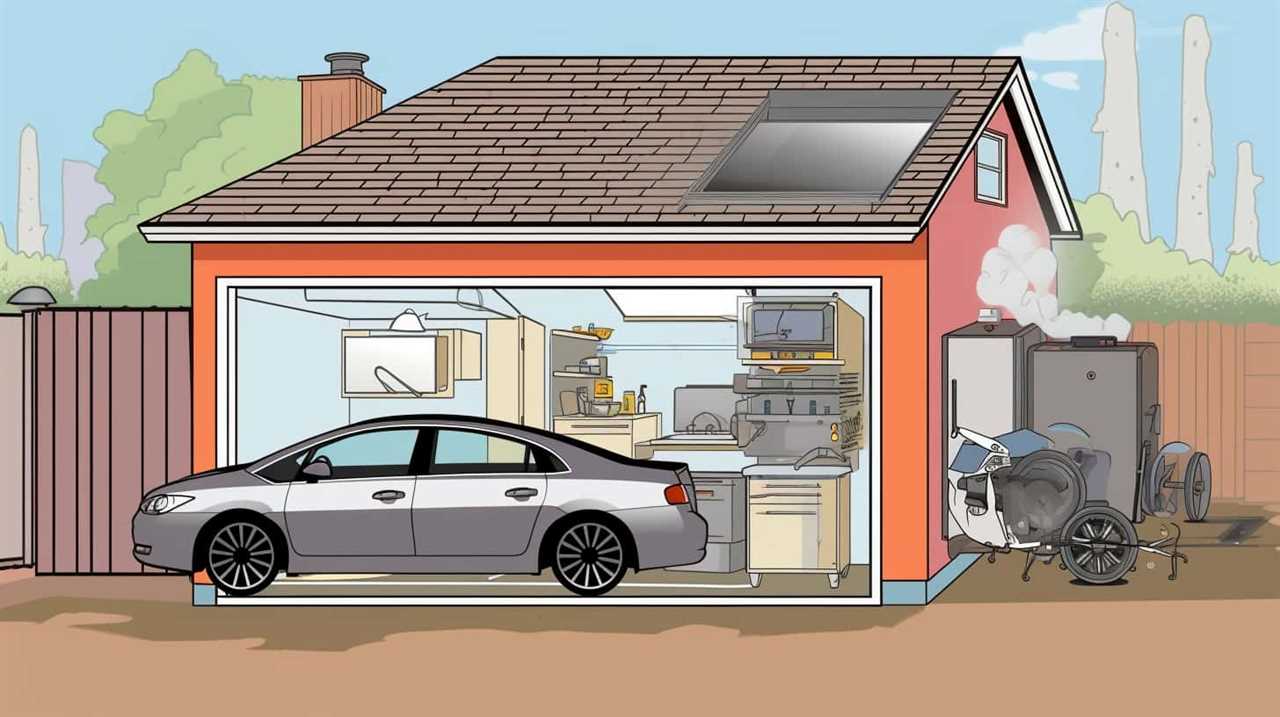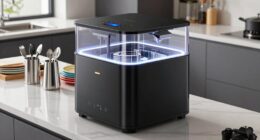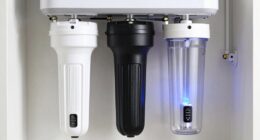We are here to uncover the mystery of appliances in software.
Imagine a toolbox filled with software solutions that are ready to use, like a Swiss Army knife for your computer. These software appliances are pre-configured and optimized for specific tasks, making them efficient and user-friendly.
In this article, we’ll explore the definition, characteristics, benefits, and examples of software appliances. We’ll also discuss how appliance in software differs from traditional software and its role in software development.
So, let’s dive in and master the world of software appliances together.

Key Takeaways
- Appliance in software refers to a pre-configured and self-contained software application that includes the operating system, middleware, and application software in a single package.
- It is designed to be highly secure and stable, emphasizing security measures such as secure boot, encryption, and vulnerability management.
- Using software appliances offers benefits such as efficient deployment on multiple systems, simplified software management through centralized updates and maintenance, increased productivity, and enhanced security measures.
- The future trends and market potential of appliance-based software solutions include advancements in cloud computing, artificial intelligence, and Internet of Things (IoT), simplified and user-friendly interfaces, integration of AI and ML capabilities, enhanced security measures, and expansion into new industries and sectors.
Definition of Appliance in Software
The definition of an appliance in software is that it’s a pre-configured and self-contained software application. In other words, it’s a software package that comes with everything it needs to run independently, without any additional dependencies or configurations. This means that the appliance is ready to be deployed and used right out of the box.
The main characteristic of a software appliance is its self-contained nature. It includes all the necessary components, such as the operating system, middleware, and application software, in a single package. This makes it easy to install and eliminates the need for complex setup procedures.
Additionally, software appliances are designed to be highly secure and stable. They’re thoroughly tested and hardened against common vulnerabilities, ensuring the reliability and integrity of the software.
In the next section, we’ll explore the key characteristics of software appliances in more detail.
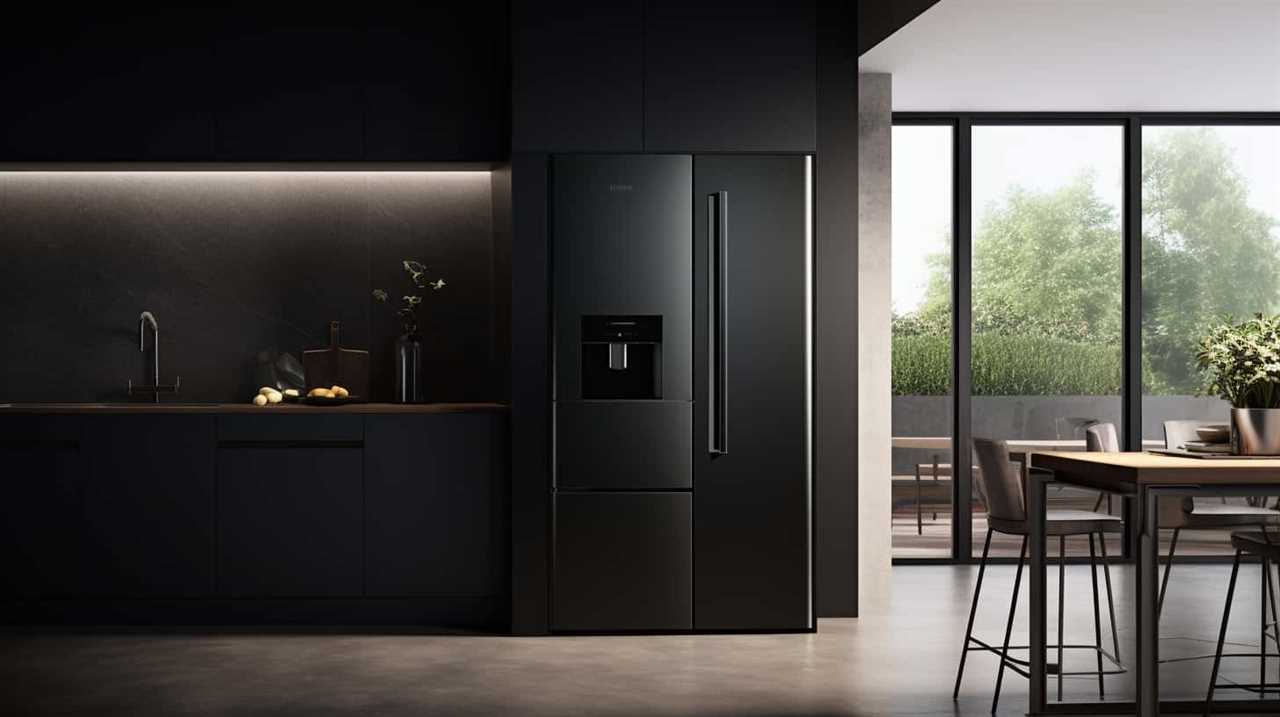
Key Characteristics of Software Appliances
Let’s discuss the key characteristics that define software appliances.
Software appliance deployment refers to the process of packaging software applications with the necessary operating system and hardware components, making them easy to install and configure on various systems.
One of the main advantages of software appliances is their simplicity and ease of use, as they come pre-configured and ready to run.
Additionally, software appliance security is a critical aspect that ensures the protection of the appliance and the underlying system. This includes features such as secure boot, encryption, and vulnerability management. By incorporating these security measures, software appliances provide a secure environment for running applications, minimizing the risk of unauthorized access or malicious attacks.

Benefits of Using Software Appliances
Using software appliances offers several benefits that make them a valuable tool in the IT industry.
Firstly, they enable efficient deployment, allowing for quick and easy installation of software on multiple systems. This saves time and resources, increasing productivity.
Additionally, software appliances simplify software management by providing a centralized platform for updates and maintenance. This streamlines the process, reducing complexity and ensuring consistency.
Lastly, software appliances often come with enhanced security measures, providing built-in protection against threats and vulnerabilities. This helps safeguard sensitive data and mitigate risks.
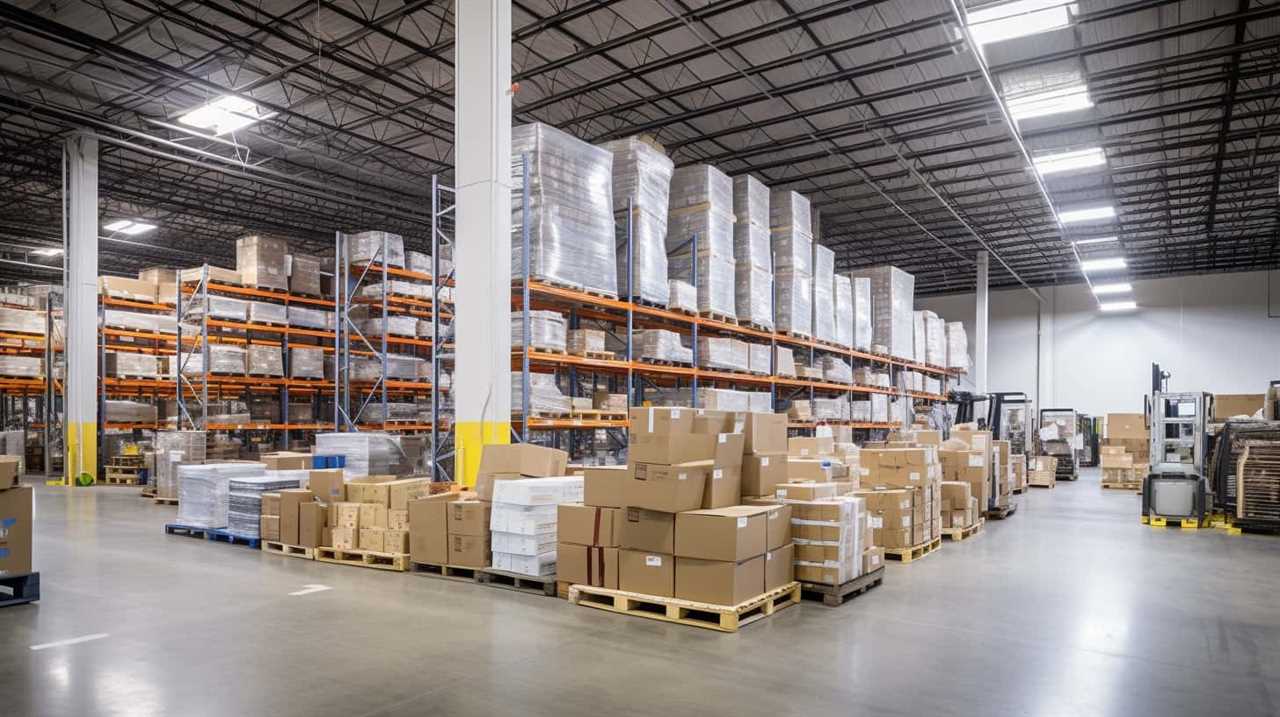
Efficiency of Deployment
To enhance the efficiency of deployment, we can leverage the benefits of software appliances by utilizing their streamlined and pre-configured nature. Here are five reasons why software appliances contribute to efficient deployment:
- Reduced setup time: Software appliances come pre-configured with the necessary software and settings, eliminating the need for manual installation and configuration, thus saving time.
- Consistent deployment: With software appliances, deployment is standardized, ensuring consistent setups across different environments, reducing the risk of errors and inconsistencies.
- Increased scalability: Software appliances can be easily replicated and deployed on multiple machines, allowing for quick and scalable deployment of applications.
- Simplified maintenance: Software appliances often come with built-in tools for updates and maintenance, making it easier to keep the software up to date and secure.
- Improved resource utilization: Software appliances are designed to be lightweight and optimized for specific tasks, resulting in efficient utilization of resources like memory, CPU, and storage.
Simplified Software Management
Software appliances simplify software management by providing a centralized and user-friendly solution for deploying and managing software applications.
With software appliances, organizations can easily package their software applications along with the necessary dependencies into a single, pre-configured virtual machine or container. This eliminates the need for manual installation and configuration processes, making software deployment faster and more efficient.
Additionally, software appliances offer a streamlined management interface, allowing administrators to easily monitor and control the deployed applications. This centralized approach to software management enables organizations to save time and resources, as they no longer have to individually manage each application on different systems.

Moreover, software appliances often come with built-in security measures, ensuring that the deployed applications are protected against potential vulnerabilities. These enhanced security measures will be discussed in the subsequent section.
Enhanced Security Measures
As we delve into the topic of enhanced security measures, it’s important to note that software appliances offer robust protection against potential vulnerabilities, further strengthening the centralized and user-friendly solution for deploying and managing software applications.
Here are some key benefits of using software appliances for enhanced security:
- Isolation: Software appliances provide isolation between applications, ensuring that vulnerabilities in one application don’t affect others.
- Simplified Updates: With software appliances, updates and patches can be easily applied across all instances, reducing the risk of security breaches.
- Encrypted Communication: Software appliances support secure communication protocols, protecting data in transit.
- Access Control: Advanced authentication and authorization mechanisms in software appliances enable granular access control, enhancing security.
- Proactive Monitoring: Software appliances offer built-in monitoring and alerting capabilities, enabling organizations to detect and address potential security threats in real-time.
These enhanced security measures help organizations mitigate future challenges and ensure the secure deployment of software applications across various industry applications.
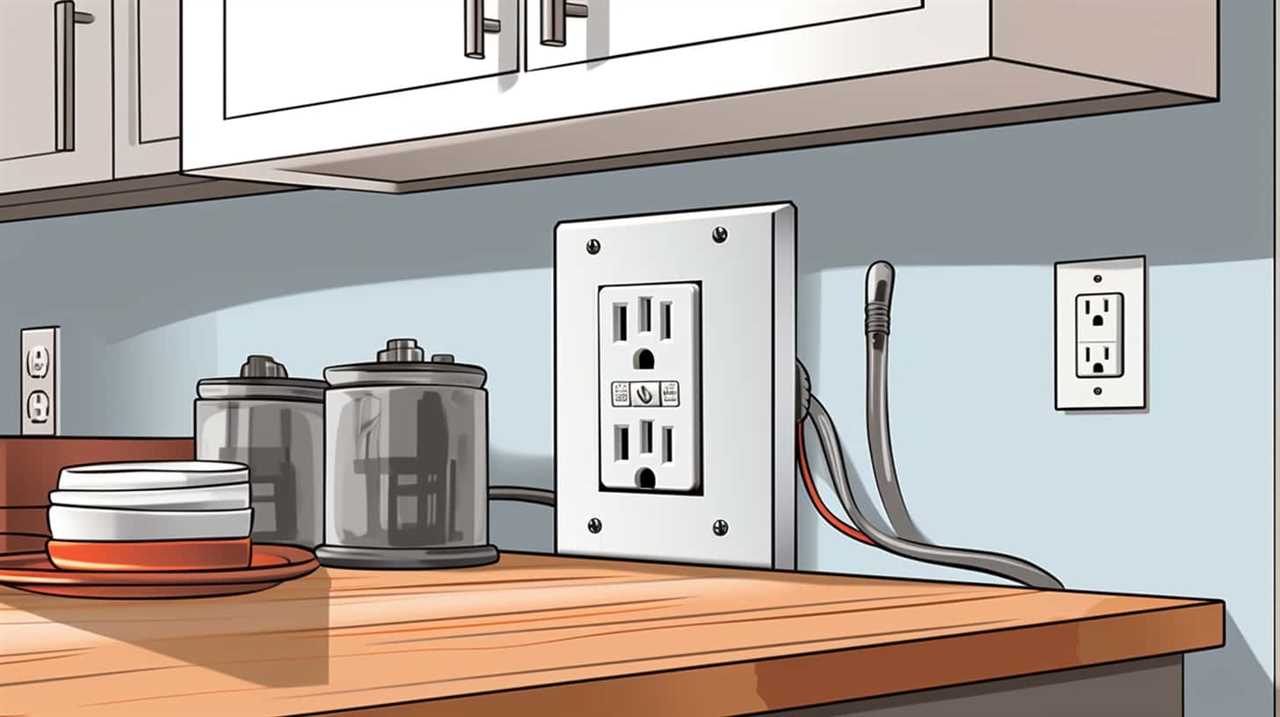
Common Examples of Software Appliances
In our experience, common examples of software appliances include virtual routers, firewall appliances, and web server appliances. These appliances are pre-configured software solutions that are designed to perform specific tasks, such as routing network traffic, enforcing security policies, or hosting websites.
One of the main benefits of using software appliances is their simplicity and ease of deployment. They come as ready-to-use packages that can be quickly installed and configured, saving time and effort.
Additionally, software appliances are often optimized for performance and security, ensuring reliable and efficient operation. They also offer scalability, allowing users to easily scale up or down based on their needs.
These advantages distinguish software appliances from traditional software and make them a preferred choice for many organizations.

How Appliance in Software Differs From Traditional Software
Appliance software differs from traditional software in several key ways:
- Deployment Efficiency: Appliance software is designed to be easily installed and configured, reducing the time and effort required for deployment.
- Simplified Software Management: Unlike traditional software, appliance software often includes built-in management tools that simplify the process of monitoring and maintaining the software.
- Preconfigured Settings: Appliance software comes with preconfigured settings optimized for specific tasks or industries, eliminating the need for users to manually configure the software.
- Minimal Dependencies: Traditional software often requires additional software components or libraries to be installed, while appliance software is typically self-contained, reducing dependencies and potential conflicts.
- Enhanced Security: Appliance software is often built with security in mind, with features such as built-in firewalls and encryption, providing a higher level of security out of the box.
Understanding how appliance software differs from traditional software sets the stage for exploring its role in software development.
The Role of Appliance in Software Development
Our experience with appliance software has shown its significant impact on the development process. The role of appliances in DevOps can’t be underestimated. These software appliances provide a pre-configured, ready-to-use solution that simplifies the deployment and management of complex software systems.
By encapsulating the necessary software components and configurations into a single package, appliances eliminate the need for manual installation and configuration, saving time and effort for developers.

However, implementing software appliances can come with its own set of challenges. Ensuring compatibility with different operating systems and hardware configurations, as well as addressing security concerns, are some of the major challenges faced in implementing software appliances.
Despite these challenges, the role of appliances in software development continues to grow, enabling faster and more efficient software deployment.
Future Trends in Appliance-Based Software Solutions
As we look ahead to the future of appliance-based software solutions, there are several emerging technologies that are set to make a significant impact on software development.
These technologies include advancements in cloud computing, artificial intelligence, and Internet of Things (IoT).
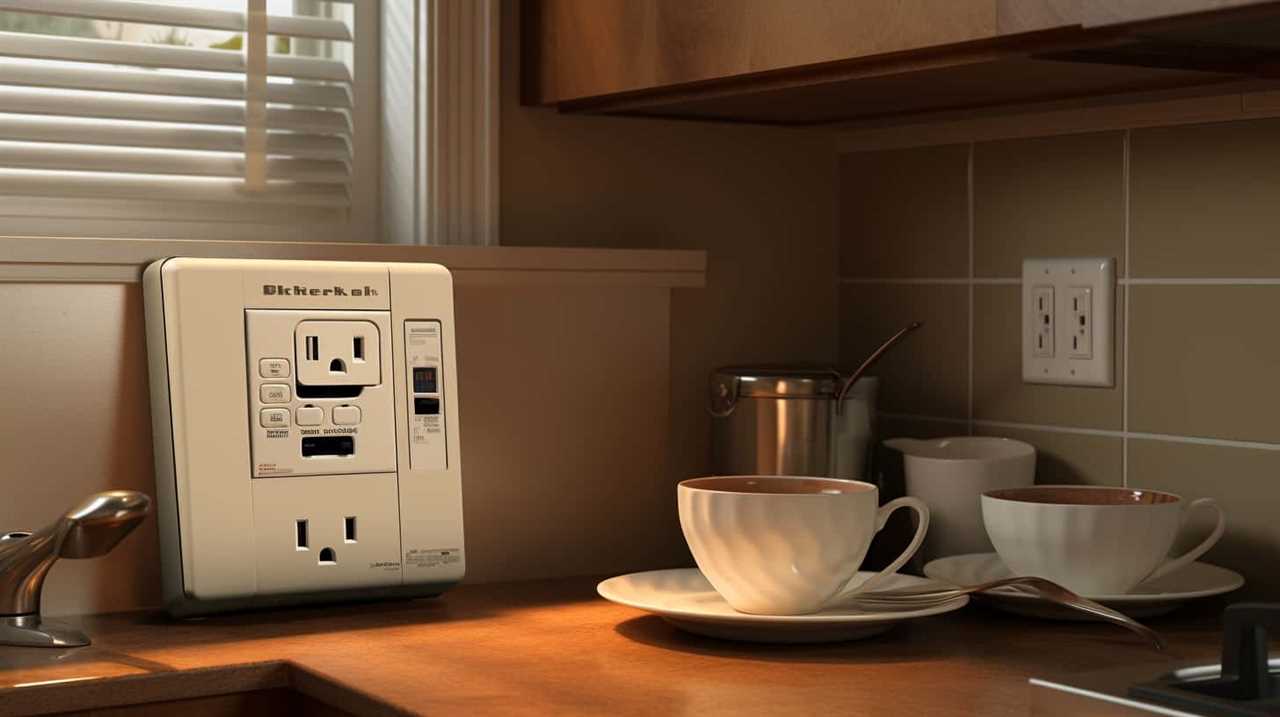
The adoption of these technologies has the potential to revolutionize the way software is developed, deployed, and managed.
Additionally, the market potential for appliance-based software solutions is expected to grow as more industries recognize the benefits of these efficient and scalable solutions.
Emerging Appliance Technologies
In discussing the emerging trends in appliance-based software solutions, we can observe the growing impact of new technologies. These advancements are shaping the future of appliance-based software and driving innovation in various industries.
Here are five key emerging appliance technologies that are expected to have a significant impact:

- Internet of Things (IoT) integration: Appliances are becoming smarter and more interconnected, enabling seamless communication between devices and enhancing functionality.
- Artificial Intelligence (AI) and Machine Learning (ML): These technologies are revolutionizing appliance capabilities, allowing for intelligent automation, predictive maintenance, and personalized user experiences.
- Edge computing: With the increasing need for real-time data processing, edge computing is gaining importance in appliance-based software solutions, enabling faster response times and reduced latency.
- Blockchain: Appliance-based software solutions can leverage blockchain technology for secure and transparent transactions, data sharing, and authentication.
- Virtual Reality (VR) and Augmented Reality (AR): These technologies are being integrated into appliances, offering immersive and interactive user experiences.
These emerging appliance technologies are driving the evolution of software development practices and opening up new possibilities for innovation and efficiency.
Impact on Software Development
While considering the impact of emerging appliance technologies on software development, we can anticipate significant advancements in appliance-based software solutions. These advancements will have a profound impact on the way software is developed and deployed in the future.
One of the key trends we can expect to see is a shift towards more modular and scalable software architectures. Appliance-based solutions will allow for greater flexibility and customization, as software can be easily installed and configured on different hardware platforms. This will enable developers to create software that can adapt to changing business needs and requirements.
Additionally, the use of appliances will simplify the deployment and management of software, reducing the time and effort required for installation and maintenance.

Adoption and Market Potential
Moving forward, we can anticipate several future trends in appliance-based software solutions that will drive adoption and market potential. These trends include:
- Increased demand for simplified and user-friendly interfaces, making it easier for users to interact with and manage appliance-based software solutions.
- Integration of artificial intelligence and machine learning capabilities into appliance-based software solutions, enabling intelligent automation and decision-making.
- Enhanced security measures to address adoption challenges related to data privacy and protection.
- Expansion into new industries and sectors, such as healthcare, finance, and manufacturing, fueling market growth and diversification.
- Collaboration and partnerships between appliance-based software solution providers and hardware manufacturers to deliver integrated and optimized solutions.
These trends will contribute to the wider adoption of appliance-based software solutions and pave the way for market growth in the coming years.
Frequently Asked Questions
How Can I Create My Own Software Appliance?
To create our own software appliance, we can take advantage of the benefits it offers, such as easy deployment and scalability. It involves packaging software with an operating system and necessary dependencies, making it a self-contained solution.
What Are the Potential Disadvantages of Using Software Appliances?
Software appliances may have limitations in terms of scalability and customization. Challenges may arise when migrating existing systems to software appliances. These factors should be considered when evaluating the potential disadvantages of using software appliances.

Are Software Appliances Only Used in Specific Industries or Can They Be Applied to Any Sector?
Software appliances can be applied to any sector, not just specific industries. However, there are common challenges when implementing them in different industries. Despite this, the benefits of using software appliances outside their typical usage are significant.
How Do Software Appliances Handle Software Updates and Security Patches?
Managing software updates and security patches for software appliances can be challenging. However, by following best practices, we ensure the security and stability of these updates, minimizing risks and maximizing efficiency.
Can Software Appliances Be Easily Integrated WITh Existing IT Infrastructure?
Integrating software appliances with existing IT infrastructure can pose integration challenges. However, the benefits of using software appliances, such as simplified management and increased efficiency, make it a worthwhile endeavor.
Conclusion
In conclusion, software appliances offer a streamlined and efficient solution for various software needs. With their key characteristics and benefits, they provide a seamless user experience and simplify complex processes.

Examples of software appliances range from virtual machines to pre-configured software packages. Compared to traditional software, appliances offer a more convenient and straightforward approach.
As software development continues to evolve, appliance-based solutions are expected to play a significant role in the future.



